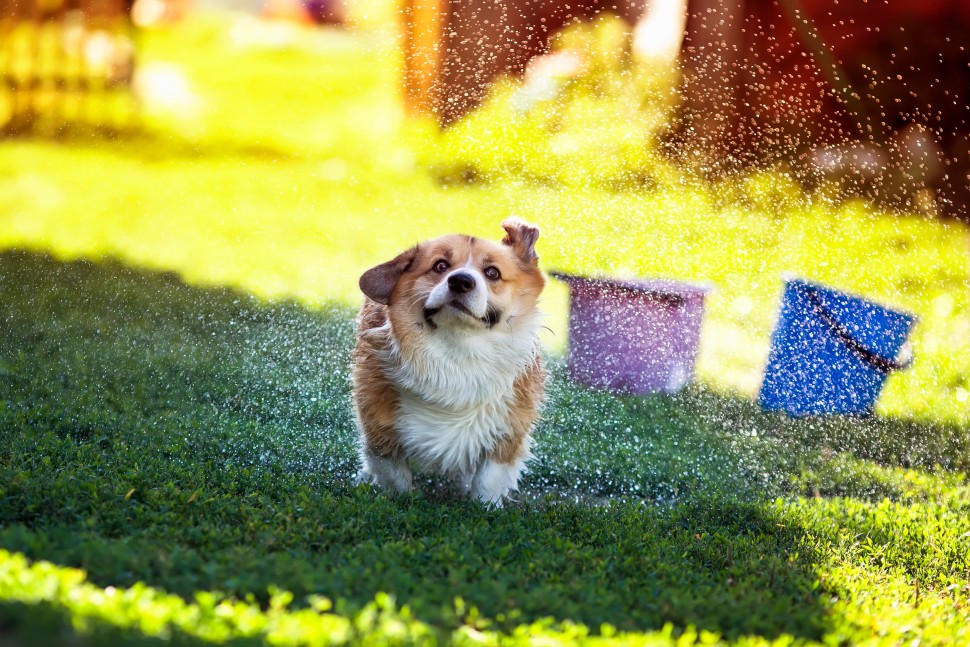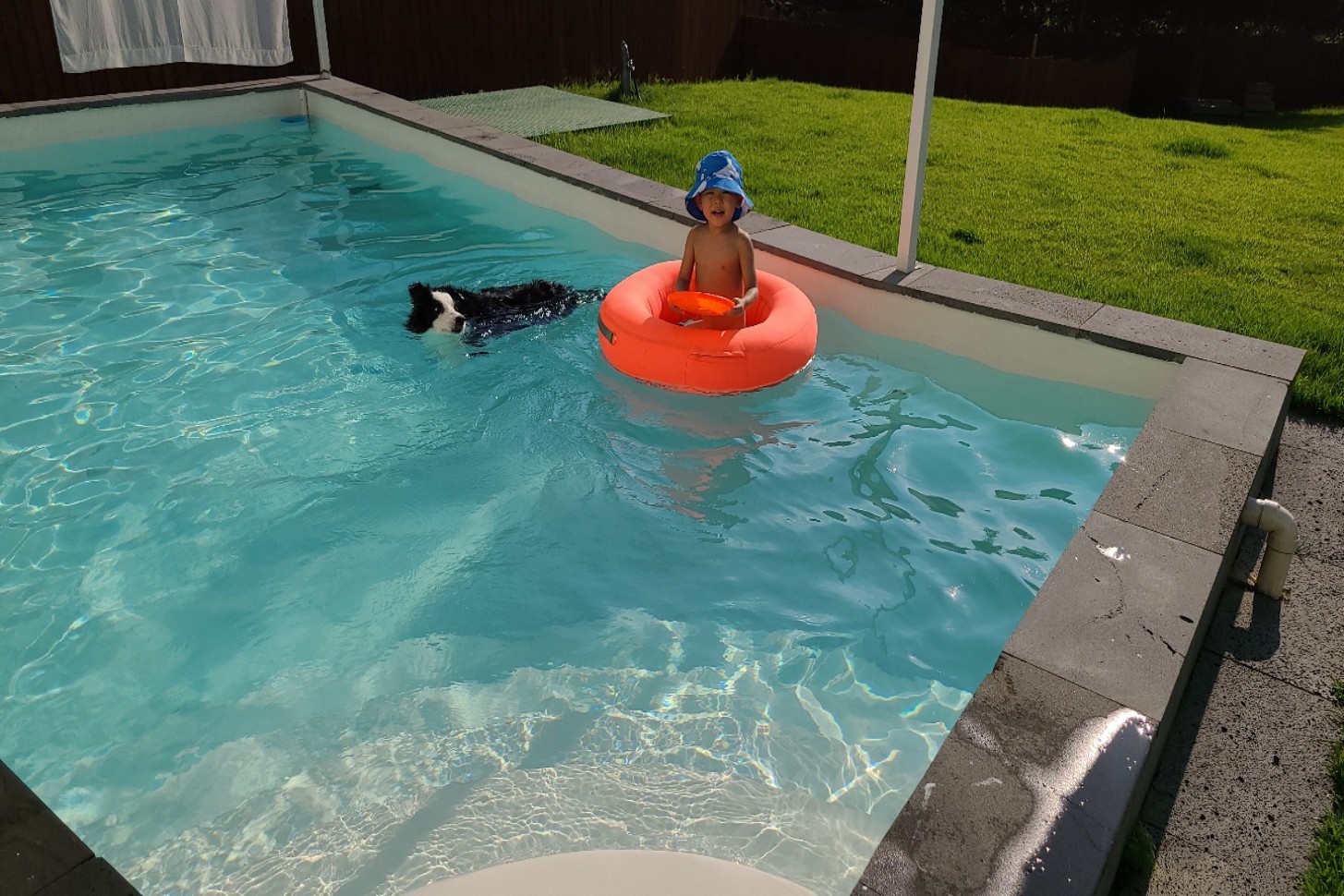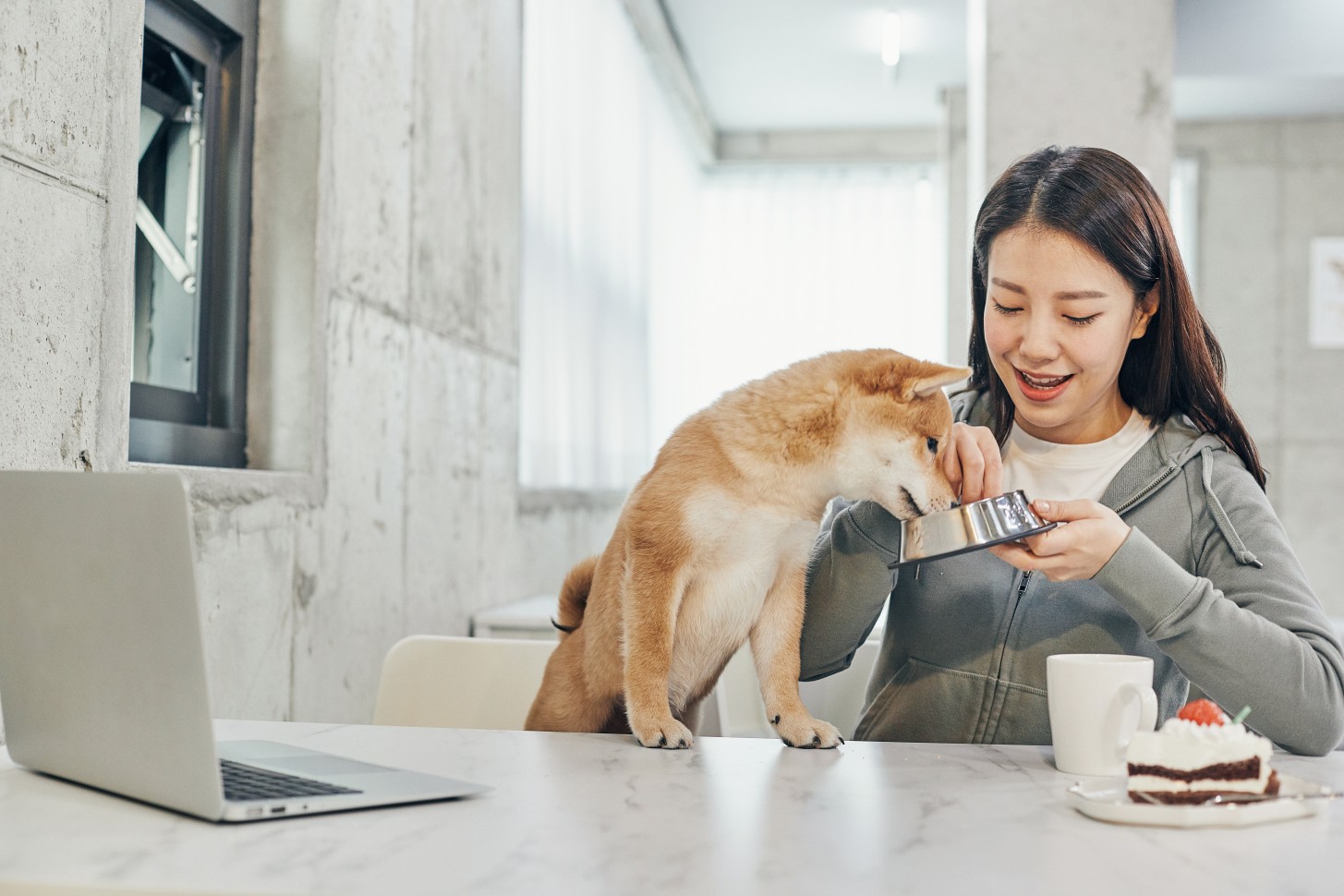[Sept] Korea becoming more pet-friendly
Date Sep 21, 2022
 A corgi puppy shakes itself dry after getting soaked. / Courtesy of gettyimagesbank
A corgi puppy shakes itself dry after getting soaked. / Courtesy of gettyimagesbank
Korea has gone through a cultural shift in terms of public attitudes toward animals. Eating dog meat was once common while keeping pets indoors was considered unusual. Dogs were raised to keep thieves away rather than provide companionship.
Yet, public attitudes have changed dramatically in recent decades, with a growing number of people keeping pets as companions or “family members.” A report issued by KB Financial Group’s management research institute in 2021 indicated that 6.04 million households in Korea – 29.7 percent of the total – now have pets.
Also a 2022 government survey shows growing support for a ban on dog meat consumption, with 85.5 percent of respondents saying they don’t eat dog and 80.7 percent saying they won’t do so.
This has encouraged the Korea government to try and improve the country’s animal rights situation.
President Yoon Suk Yeol lives with four dogs and three cats, with five of his furry companions adopted from rescue shelters. A strong advocate of animal rights, he has promised to improve the handling of abandoned animals and the mandatory registration system for dogs.
The country also toughened regulations on pet-related businesses, with grooming salons required to install surveillance cameras starting in June this year to guard against possible abuse.
The country’s market for pet-related goods and services has grown rapidly in recent years on the back of an increasing number of people who live with animals. According to data by the Korea Rural Economic Institute, the size of the pet industry is expected to reach 4.1 trillion won (US$3 billion) this year and grow to 6 trillion won in 2027.
 A boy plays with his dog in a pool in Hongcheon, Gangwon-do Province, this August at a resort that allows guests to bring pets. / Courtesy of Cho Yoon-jung
A boy plays with his dog in a pool in Hongcheon, Gangwon-do Province, this August at a resort that allows guests to bring pets. / Courtesy of Cho Yoon-jung
Pet owners are not only spending more on their animals but also seeking high-quality, premium products and services.
A string of new businesses have emerged to meet market demand, including pet schools, dog-friendly accommodations and even pet funerals.
Pet schools train dogs to develop social skills and strengthen bonds with their owners, while pet-friendly hotels provide rooms equipped with dog cushions, trays and bowls, pet shampoo, towels, dog waste bags, pee pads and other supplies. The term “petcance,” a portmanteau of “pet” and the French word for vacation, is now widely used among Koreans.
“Dog pensions” located in the outskirts of Seoul often include a dog park, pool and shower room. Owners also visit animal-friendly cafes and restaurants that are growing in numbers. Local governments also run dog parks equipped with safety fences, playgrounds and drinking fountains.
 Many pet cafes provide food and drink for people and their dogs and encourage socializing. / Courtesy of gettyimagesbank
Many pet cafes provide food and drink for people and their dogs and encourage socializing. / Courtesy of gettyimagesbank
Pet care products and services are also booming with options growing in number and variety.
Pet products range from pet patisseries and plant-based pet food to luxury dog leashes and designer clothing. Food companies even produce a line of traditional soups like samgyetang and miyeokguk as well as a variety of vegetable soups as well as health supplements for pets.
As attitudes continue to shift, some ardent animal lovers have begun to throw birthday parties and hold funerals for their beloved animal companions.
Although instances of animal abuse still occur, just as they do in other countries, they now make news headlines and provoke public outrage. Under the revised Animal Protection Act that will take effect next April, pet owners are subject to up to three years in jail for failing to adequately feed and care for their animals.
**If you have any questions about this article, feel free to contact us at kocis@korea.kr.**

The Ministry of Culture, Sports and Tourism's "Korea Here & Now" work can be used under the condition of "Public Nuri Type 1 (Source Indication)."




